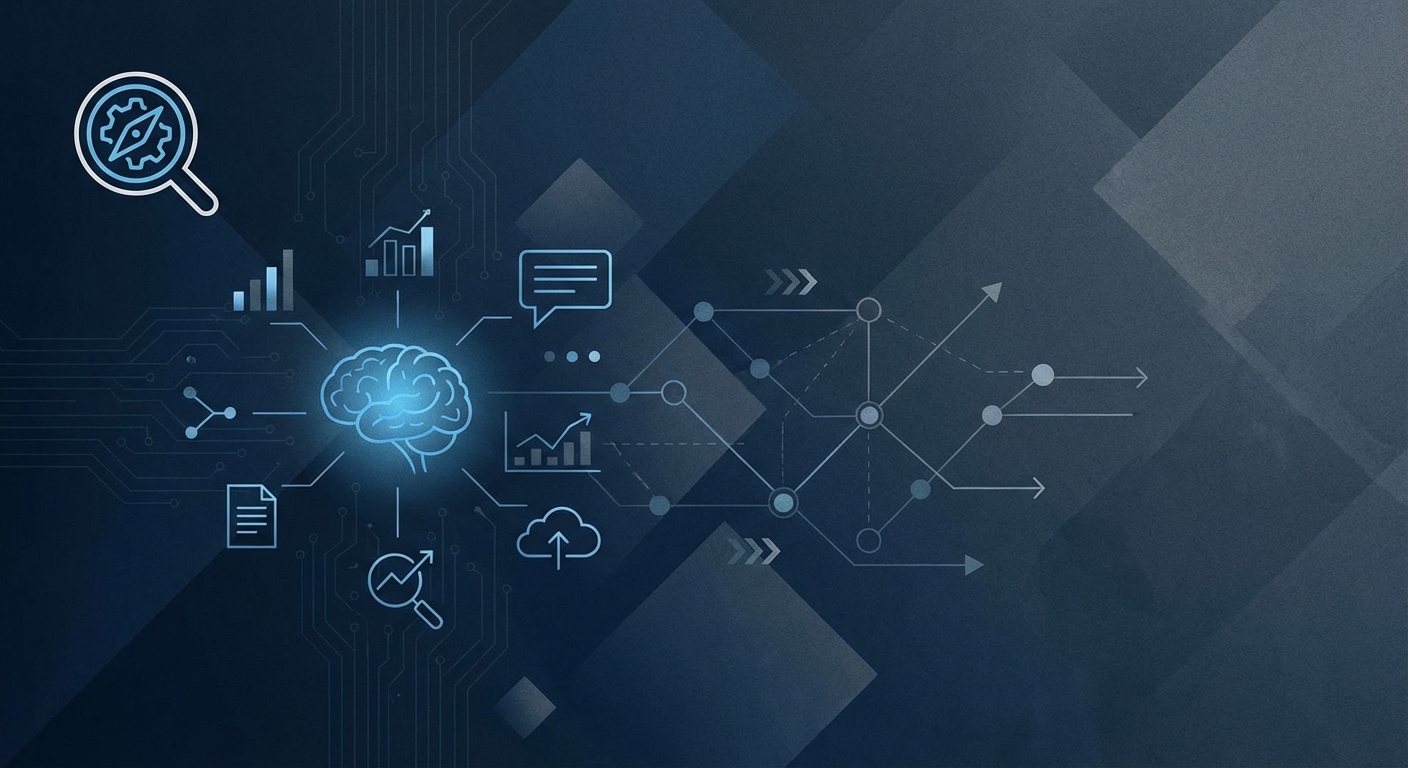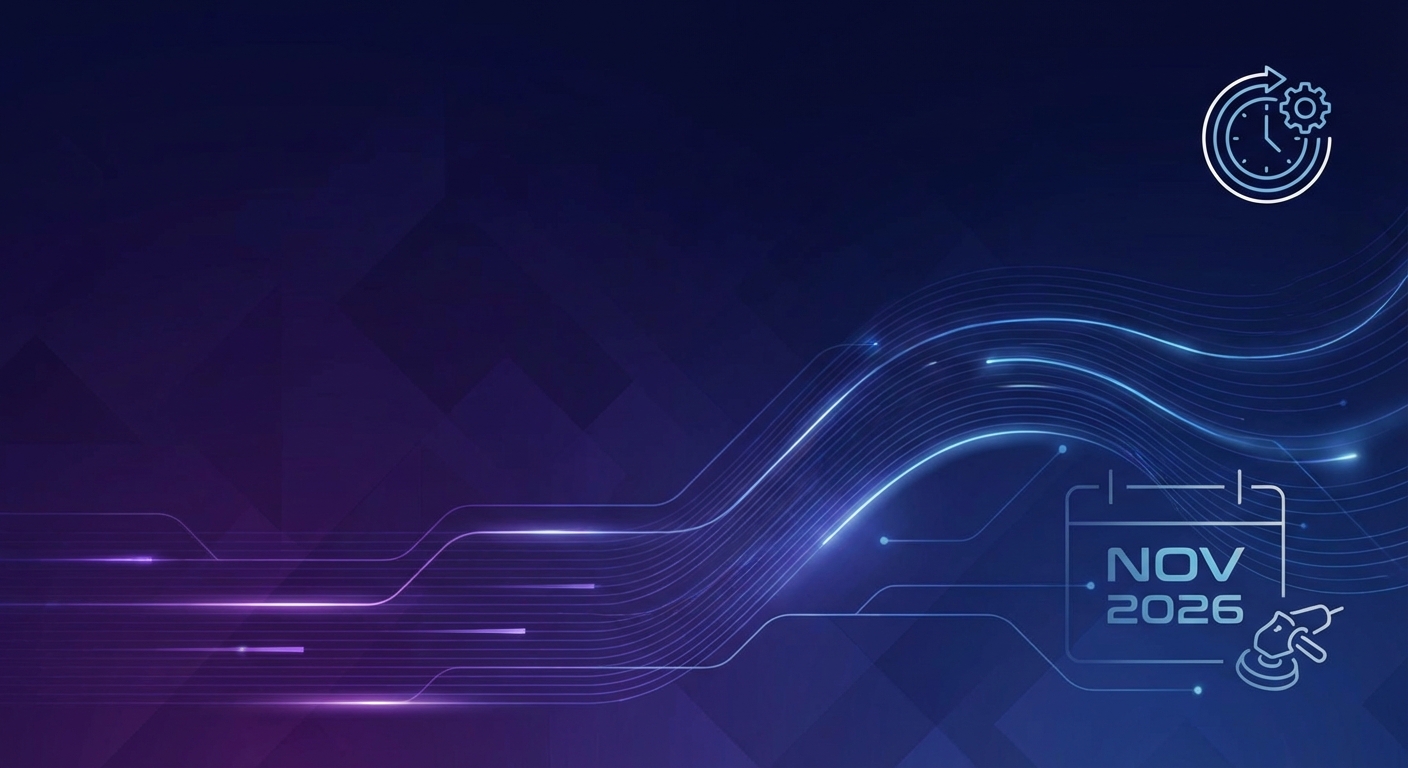AI and Martech in 2025: The Future of Digital Marketing Strategies
Scott Brinker predicts that AI agents will take on a significant role in managing the martech stack. He suggests that businesses will increasingly rely on AI-driven solutions such as Salesforce's Agentforce and HubSpot's Breeze AI for their marketing operations. Brinker notes, "If the tech stack were an orchestra, which product would be the conductor?" This indicates a shift towards automation and AI integration in marketing technologies.
Brinker emphasizes that companies are transitioning from traditional vendor solutions to a more integrated platform model using APIs. Despite this progress, challenges remain in orchestrating numerous applications and ensuring effective data flow.
For further insights, explore Gartner’s definition of iPaaS which highlights the complexity organizations face with multiple cloud-based services. Mulesoft, acquired by Salesforce in 2018, is noted as a leading iPaaS vendor. However, integration often requires developer involvement, as many organizations struggle with complexities inherent in their tech stacks.
Martech ROI Is Falling — Here’s Why
The martech landscape has expanded to include over 14,000 unique solutions, reflecting a 27.8% increase from the previous year. Despite this growth, martech’s share of marketing budgets is projected to decline from 30% in 2023 to 22% by 2025. According to Gartner, marketers are utilizing only 33% of their martech stack's capabilities, down from 42% in 2022.
This underutilization arises from tool overload and governance issues. Organizations often deploy more tools than necessary, leading to duplication and inefficiencies. Successful teams focus on establishing governance structures that promote ownership and accountability.
To combat martech complexity, a strategic approach is necessary. Marketing leaders should prioritize a data-driven strategy over a tool-first approach. Simplifying the stack can lead to improved efficiency and cost savings, while also addressing skill gaps within organizations.
AI in Digital Marketing: What to Expect in 2025
By 2025, the AI market is expected to reach a valuation of $3.68 trillion, significantly impacting digital marketing. AI tools enhance automation, personalization, and data-driven decision-making in marketing strategies. Brands will need to adapt and innovate to leverage AI effectively.
Key trends include hyper-personalization, conversational AI, and predictive analytics. AI is transforming how brands engage with consumers, tailoring experiences to individual preferences. Tools like ChatGPT are now being used for content optimization, while AI-driven ad placements allow for precise targeting.
As companies begin to adopt AI, the importance of data privacy and ethical practices will come to the forefront. Marketers should ensure compliance with data protection regulations and remain transparent about AI's role in their strategies.
State of the Stack 2025: Homegrown Martech Surges as AI Accelerates Development
A recent survey indicates that 62.1% of marketers are utilizing more tools than they did two years ago, with generative AI becoming a staple in marketing operations. Nearly 25% of organizations plan to develop homegrown solutions, enabled by new AI tools that facilitate faster development.
Data integration remains a primary hurdle, as 65.7% of respondents cite it as a significant challenge. Organizations need to focus on establishing a universal data layer to alleviate issues related to siloed data. While budget constraints are a barrier for many, the focus on revenue growth and marketing efficiency drives continued investment in martech solutions.
For marketers looking to streamline their stacks, the emphasis should be on creating efficient workflows and ensuring data quality to maximize the impact of AI applications.
Explore how GrackerAI can enhance your cybersecurity marketing through automated news updates, SEO-optimized blogs, and more. Start your FREE trial today at https://gracker.ai.





